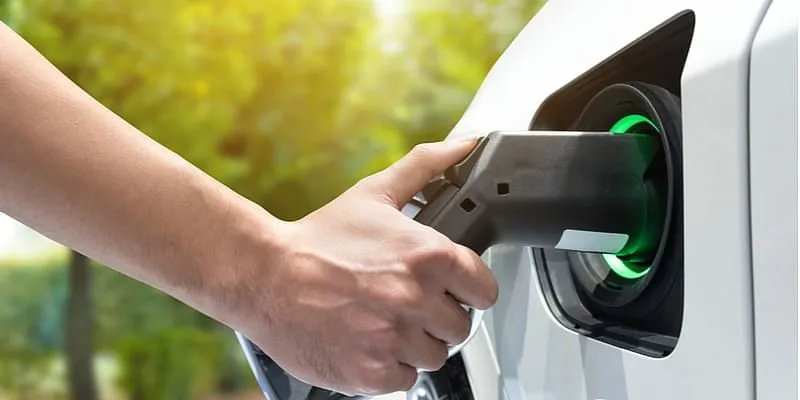Govt extends second phase of FAME scheme by two years
The second phase of FAME India scheme focuses on supporting the electrification of public and shared transportation.
The government on Friday said it has extended the second phase of FAME India scheme by two years, till March 31, 2024, for faster adoption of electric mobility and development of its manufacturing ecosystem in the country.
The second phase of FAME (Faster Adoption and Manufacturing of Electric Vehicles) India scheme focuses on supporting the electrification of public and shared transportation.
A notification of the Department of Heavy Industry said that the scheme is proposed to be implemented over a period of three years from April 1, 2019.
"Now with the approval of the competent authority, it is decided that FAME India Phase II scheme is extended for a period of two (2) years i.e. up to 31st March, 2024," it said.

With an aim to promote eco-friendly vehicles, the government had launched the FAME India scheme (Faster Adoption and Manufacturing of (Strong) Hybrid and Electric Vehicles in India) in 2015.
Commenting on the development, industry chamber FICCI (Federation of Indian Chambers of Commerce and Industry) said the extension will help the industry to capture the deferred demand for electric vehicles (EVs).
"The demand for EVs was severely affected due to the pandemic, and the industry was really looking forward to the extension of Faster Adoption and Manufacturing of Electric Vehicles II scheme by a few more years so that the amount allocated under the scheme could be deployed to accelerate demand for electric vehicles," it said.
Earlier this month, the government of India made a partial modification of FAME India Phase II, including increasing the demand incentive for electric two-wheelers to Rs 15,000 per KWh from the earlier uniform subsidy of Rs 10,000 per KWh for all EVs, including plug-in hybrids and strong hybrids except busses.
In the June 2021 modification, the department of heavy industries also capped incentives for electric two-wheelers at 40 percent of the cost of vehicles, up from 20 percent earlier.
Edited by Kanishk Singh








